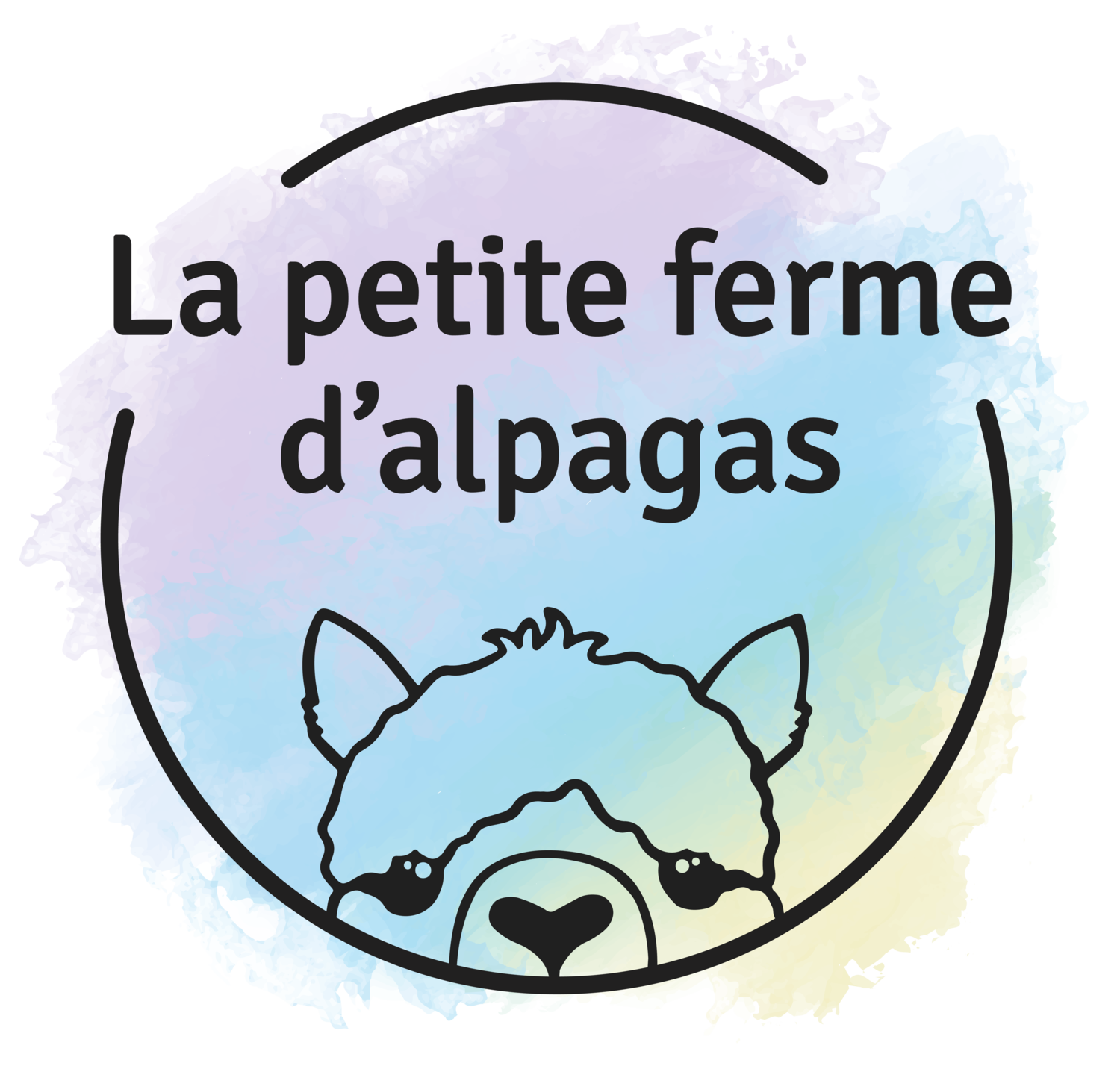Therapeutic animal assistance with alpacas
I imagine most people have heard of therapy or assistance animals. You probably think of a dog, something small and fluffy, but perhaps not an alpaca? It’s time to talk about working with these magnificent creatures in a therapeutic setting.
Spending time with animals has been proven to improve both physical and emotional health in so many studies. Knowing this and seeing our herd of alpacas naturally acting in a careful and caring way towards more vulnerable people, I wanted to explore, understand and try to enhance this experience.
Why have I invested in this project? My previous career was in social housing, including years in supported housing. Whilst I do not miss the corporate world, I have not lost the passion for working with vulnerable people in the community; those who were victims of domestic abuse, homeless, older, living with learning disabilities or mental health issues. I realised I could seek that rewarding work still in my new life in France at our alpaca farm.
I’ve recently undertaken specialist training in working with alpacas and llamas in animal assisted interventions. Completing various courses before in alpaca husbandry, handling and breeding, I was amazed at how much more could be learned and really just how intelligent they are; whilst I adored them before I’d even first touched one, I don’t think I’d ever given them enough credit for their intuitiveness until now.
One of the most important aspects of this work is understanding behaviours in both alpacas and people and by tuning into these, we can start to acknowledge each other and really communicate. Easier said than done when humans are the only creatures on the planet who verbalise behaviours, creating a universe unbeknown to the rest of the animal world!
An important lesson I learned on this journey, which seems so obvious now, is that not all alpacas will be suitable for animal assistance settings. It’s essential to know your animals, their behaviours and how to work with them before embarking on something like this - or you could do more harm than good. Just as important is trust between the handler and the animal; something I have been working on since the herd arrived on our farm, we’re constantly building on the relationship between us and each individual alpaca.
I have been left completely speechless when guiding clients and alpacas through a wellbeing session, witnessing connections made between them is such a special moment that I never expected. We have seen children with ADHD being able to fully concentrate on the moment, achieve tasks set for them and remain completely calm in the hour long session. A non-verbal client truly bonded with an alpaca, and when it came to leaving the field, both stayed beside each other by the field gate. And, one of our alpacas who does not enjoy being stroked, happily stood whilst having her neck rubbed.
Our ethos on our farm is for mutual benefits to be had and recognisable by both people and animals; neither human or alpacas are made to do something they do not want to. The techniques used during these sessions are non-invasive, with alpacas and people having free movement in the fields, meaning escape is a choice at their ease.
I believe the benefits of our wellbeing sessions are well beyond my imagination and I hope this can inspire any child or adult, especially those living with depression, anxiety, physical or mental illnesses or special needs to take time for themselves, and consider a wellbeing session at the farm with me and the alpacas.


